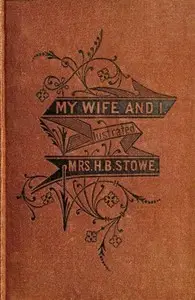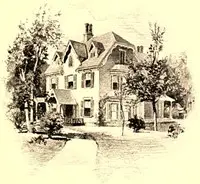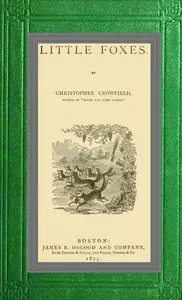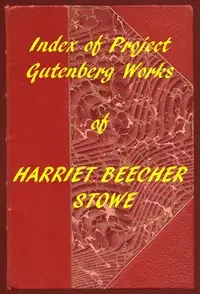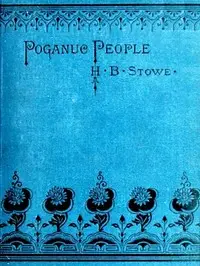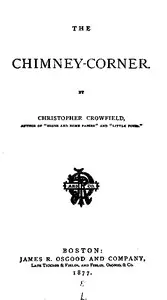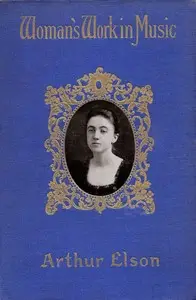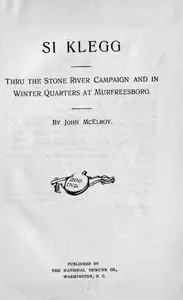"A Reply to 'The Affectionate and Christian Address of Many Thousands of Women…'" by Harriet Beecher Stowe is a historical account written in the mid-19th century. This work serves as a response to a significant address made by British women to their American sisters concerning the issue of slavery in the United States. Stowe elaborates on the ongoing struggles against slavery in America and the moral imperatives driving these efforts, particularly emphasizing the shared Christianity and humanity that underpin the abolitionist movement. The opening of this text sets the tone for a powerful moral discourse as it introduces the historical context of the address sent from British women, collecting over half a million signatures in support of abolition. Stowe highlights the profound implications of the address for American women, articulating their experiences and actions in the anti-slavery movement since it was received. Against the backdrop of civil war and escalating tensions over slavery, she asserts the commitment of American women to respond to this clarion call, while also addressing the pain of the war and the implications of British sympathy towards the Confederacy. This section establishes a compelling narrative of moral conviction and activism in a pivotal era of American history. (This is an automatically generated summary.)
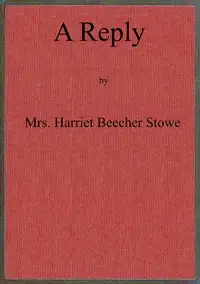
A reply to "The affectionate and Christian address of many thousands of women of Great Britain and Ireland, to their sisters, the women of the United States of America."
By Harriet Beecher Stowe
The "address" was a protest against slavery in the United States, signed by over 500,000 women, several years before the Civil War. Mrs. Stowe is now protesting against British sympathy with the Confederate states.
Harriet Elisabeth Beecher Stowe was an American author and abolitionist. She came from the religious Beecher family and wrote the popular novel Uncle Tom's Cabin (1852), which depicts the harsh conditions experienced by enslaved African Americans. The book reached an audience of millions as a novel and play, and became influential in the United States and in Great Britain, energizing anti-slavery forces in the American North, while provoking widespread anger in the South. Stowe wrote 30 books, including novels, three travel memoirs, and collections of articles and letters. She was influential both for her writings as well as for her public stances and debates on social issues of the day.

